Reviewed by Julianne Ngirngir
The budget smartphone market just got a lot more interesting. TCL dropped something at CES 2025 that's making me rethink what we actually need from our pocket devices. The TCL 60 XE NXTPAPER 5G isn't just another affordable Android phone—it's TCL's first smartphone to feature NXTPAPER 4.0, marking a legitimate attempt to merge your smartphone and e-reader into one device that won't murder your eyes in the process.
What you need to know: • Price that actually makes sense: Starting at $199, this isn't another "budget" phone that costs $400 • The magic switch: Dedicated NXTPAPER Key transforms it into an e-reader instantly • Week-long stamina: Up to 7 days reading time and 26 days standby in Max Ink Mode
• Eye-friendly tech: Reduces blue light by 61% compared to regular displays
Finally, a phone that gets the "paper" part right
Here's the thing about e-ink displays: they're fantastic for reading, but terrible for everything else. Video? Forget it. Web browsing? Painfully slow. TCL's NXTPAPER 4.0 technology takes a different approach, and after three weeks of daily commute reading sessions, I'm convinced they're onto something major.
The matte LCD display immediately feels different—no fingerprint magnet, virtually zero glare, and a texture that genuinely mimics paper. What makes this generation special is how the matte surface enables TCL's Circularly Polarized Light (CPL) technology to simulate natural light reflection patterns. TCL has been perfecting this tech since 2021, and the NXTPAPER 4.0 refinement shows—achieving 100% sRGB color gamut coverage means colors stay vibrant and accurate even in varying lighting conditions.
The 6.8-inch FHD+ display runs at 120Hz, so scrolling stays buttery smooth whether you're reading PDFs or binge-watching YouTube. But the real magic happens when you flip that NXTPAPER Key. The display smoothly transitions into Max Ink Mode—automatically muting notifications and switching to a monochrome interface optimized for distraction-free reading. It's not e-ink, but your eyes won't know the difference.
The specs that matter (and the ones that don't)
Let's be honest about what you're getting for $199. The MediaTek Dimensity 6300 processor isn't winning any speed contests, but TCL chose this chipset specifically for power efficiency—crucial for making Max Ink Mode's week-long battery claims actually work. The camera setup, while respectable with its 50MP main sensor, won't replace your DSLR. But here's what TCL got absolutely right:
The good stuff: • Memory: 8GB RAM (expandable to 16GB virtual) handles multitasking without hiccups • Storage: 256GB internal means room for your entire digital library • Battery beast: 5,010mAh that lasts two days in regular use, nearly a month on standby in reading mode
The compromises: • Charging: 18W wired feels slow in 2025, but makes sense when you're charging weekly instead of daily • Updates: Only one major Android upgrade promised—this isn't a long-term flagship investment
• Performance: Don't expect flagship-level gaming, though the AI scene optimization does help the processor handle camera tasks more efficiently
The 32MP front camera surprised me with solid performance in decent lighting, and the triple rear setup handles everyday photography without embarrassing itself.
Does it actually work as an e-reader?
This is the make-or-break question, right? After using Max Ink Mode for serious reading sessions over the past three weeks—including a weekend trip where I used it exclusively as an e-reader—I'm cautiously optimistic. The paper-like texture genuinely reduces eye strain compared to glossy displays, and the monochrome interface eliminates most distractions by design.
Real-world testing shows the display holds up well indoors with its anti-glare properties, though direct sunlight still poses challenges—a limitation shared with most LCD-based solutions. The battery life claims absolutely check out: I easily achieved the promised 26 days of standby time and seven days of mixed reading sessions in Max Ink Mode.
PRO TIP: The Eye Care Assistant actually works—it'll nudge you to take breaks using the 20-20-20 rule, and you can select up to 7 apps to remain accessible in Max Ink Mode.
Sure, dedicated e-ink displays still offer superior contrast and sunlight readability, but the TCL's versatility—switching instantly between e-reader and full Android phone—makes it compelling for people who don't want to carry two devices.
Where does this leave your wallet?
Here's where the math gets genuinely interesting. The TCL 60 XE NXTPAPER 5G costs $199 in the US ($325 CAD in Canada). Compare that to buying separately: a Kindle Paperwhite ($140) plus a decent budget Android phone ($200-250). You're looking at $340-390 total for two devices versus $199 for one that does both jobs.
The value proposition becomes even clearer when you factor in total cost of ownership. No need for separate charging cables, cases, or tracking two devices when traveling. For frequent commuters or students carrying heavy backpacks, that convenience factor alone justifies the price difference.
Different user scenarios matter here: If you're primarily a weekend reader who occasionally wants phone functionality, this makes perfect sense. If you're a power reader consuming 2-3 books weekly, dedicated e-ink might still be worth the extra complexity.
Amazon currently offers $50 off both storage variants, bringing the effective price down to $149—making the convergence device cheaper than most standalone solutions.
Available now: Amazon US exclusive starting June 13, with Canadian carriers already stocking it.
The verdict: niche appeal, solid execution
The TCL 60 XE NXTPAPER 5G won't convert flagship phone users, and dedicated e-reader enthusiasts might find it compromised. But for the growing number of people who want eye-friendly technology without sacrificing smartphone functionality, this represents a sweet spot that didn't exist before.
At $199, it's affordable enough to experiment with convergence technology without major financial commitment. The limited software update promise does mean this is more of a specialized tool than a long-term daily driver—think of it as bridging the gap until smartphone-e-reader convergence becomes mainstream.
The week-long battery life in reading mode alone makes it compelling for frequent travelers or anyone tired of daily charging routines. This positions TCL ahead of the curve in a broader smartphone evolution story—as our devices become more specialized for different use cases, the ability to transform a single device's purpose on demand becomes increasingly valuable.
If you're curious about the future of convergence devices, this $199 experiment offers your best shot at testing those waters without breaking the bank.




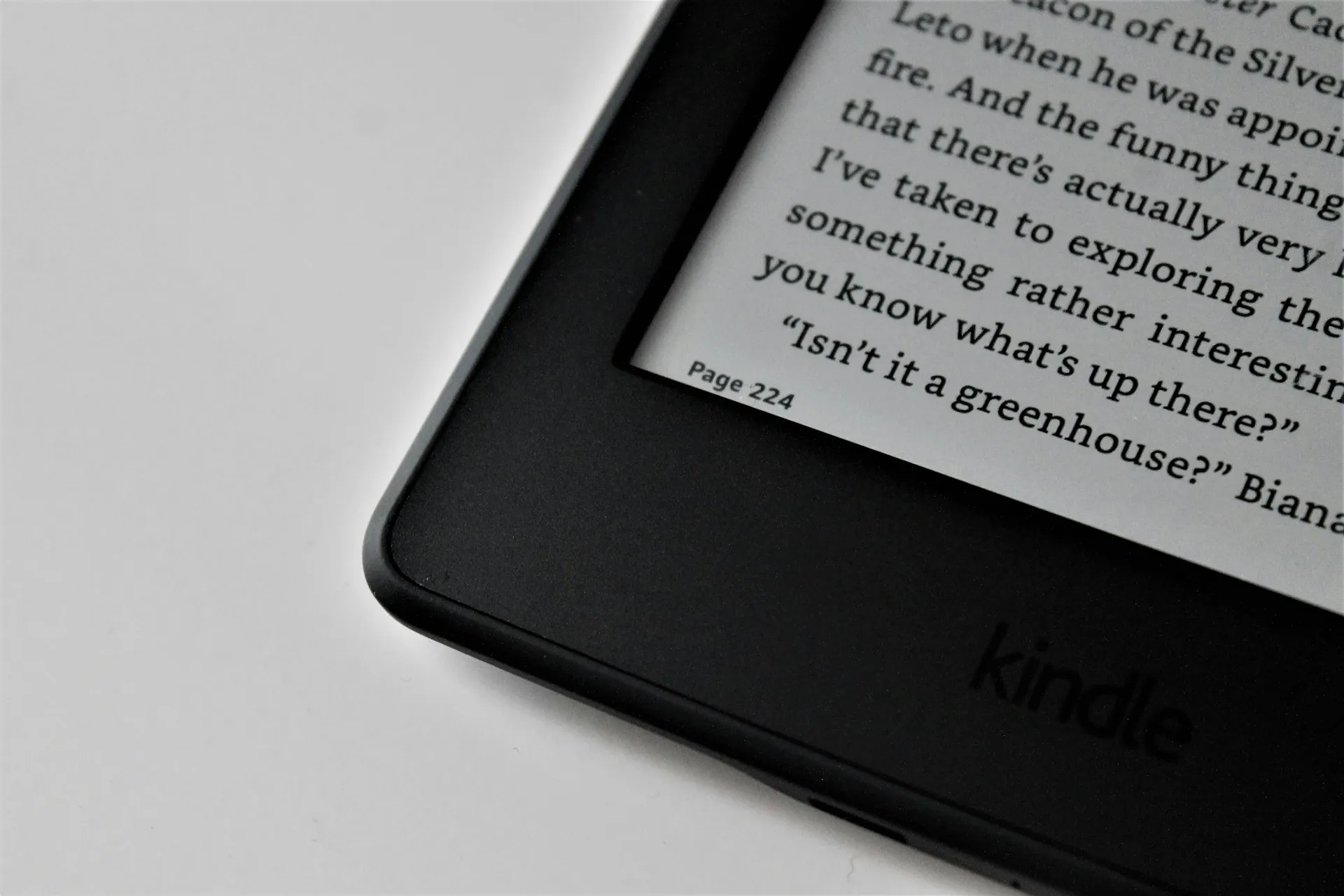


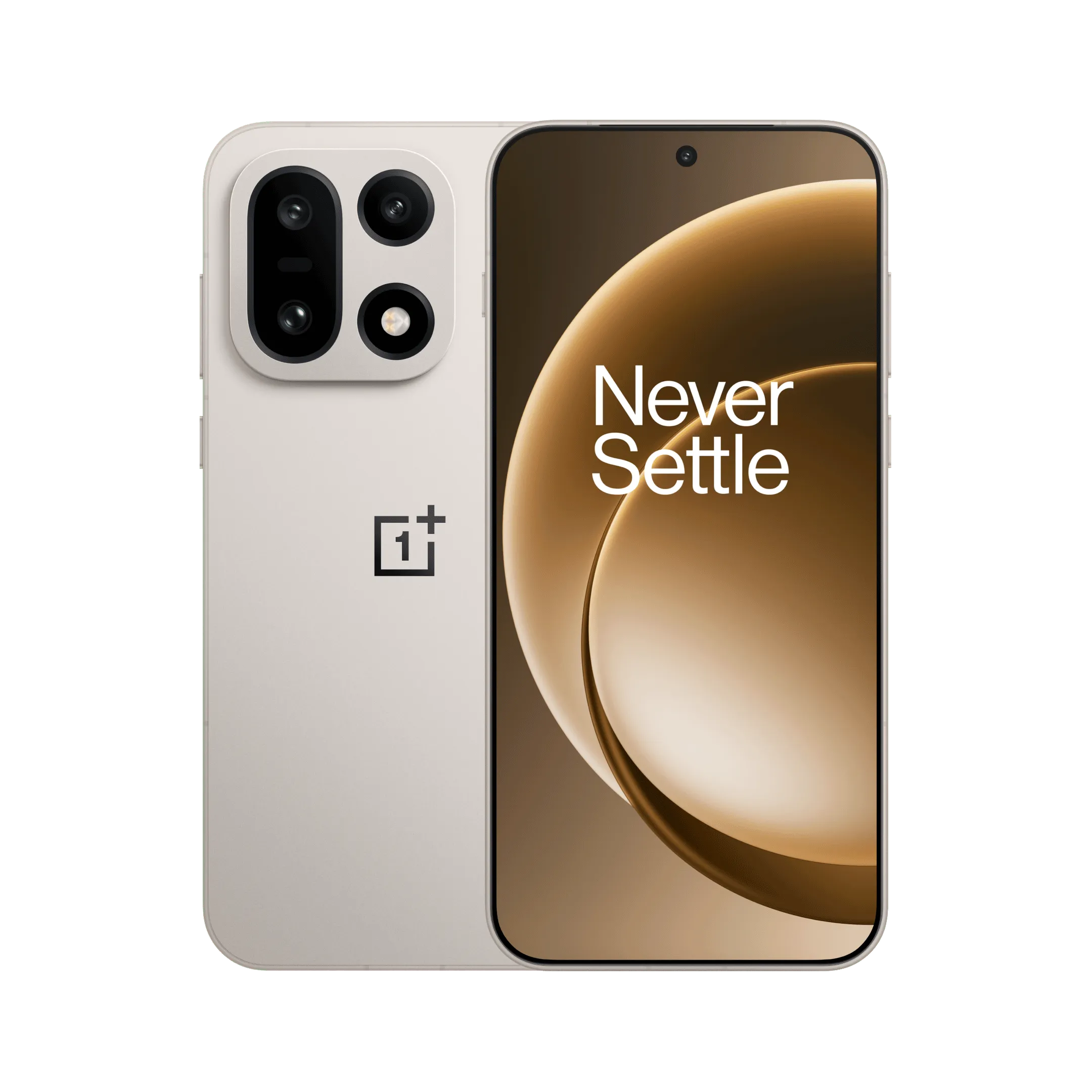












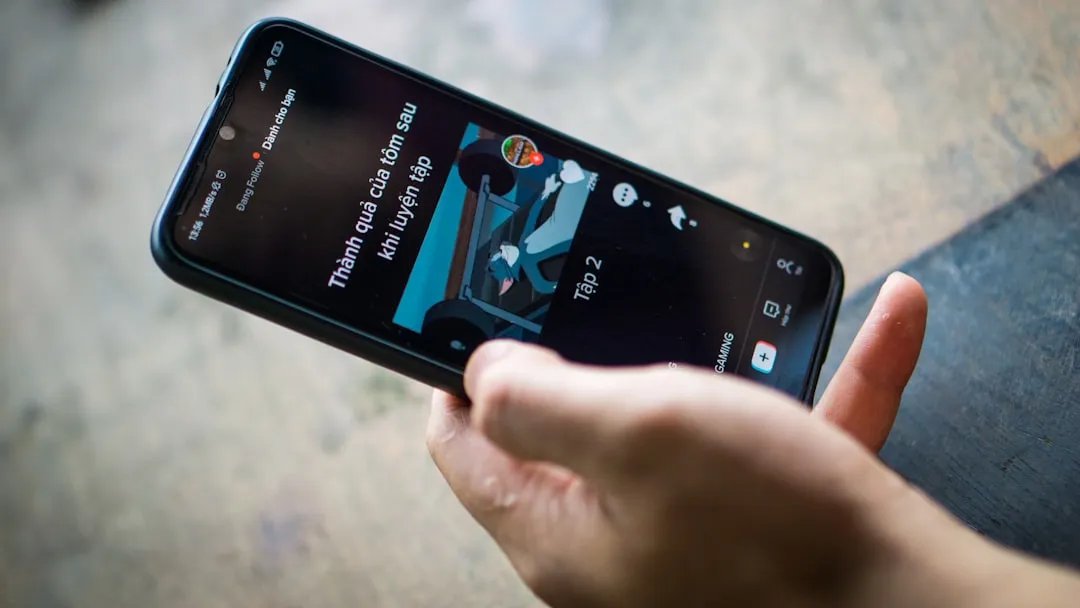
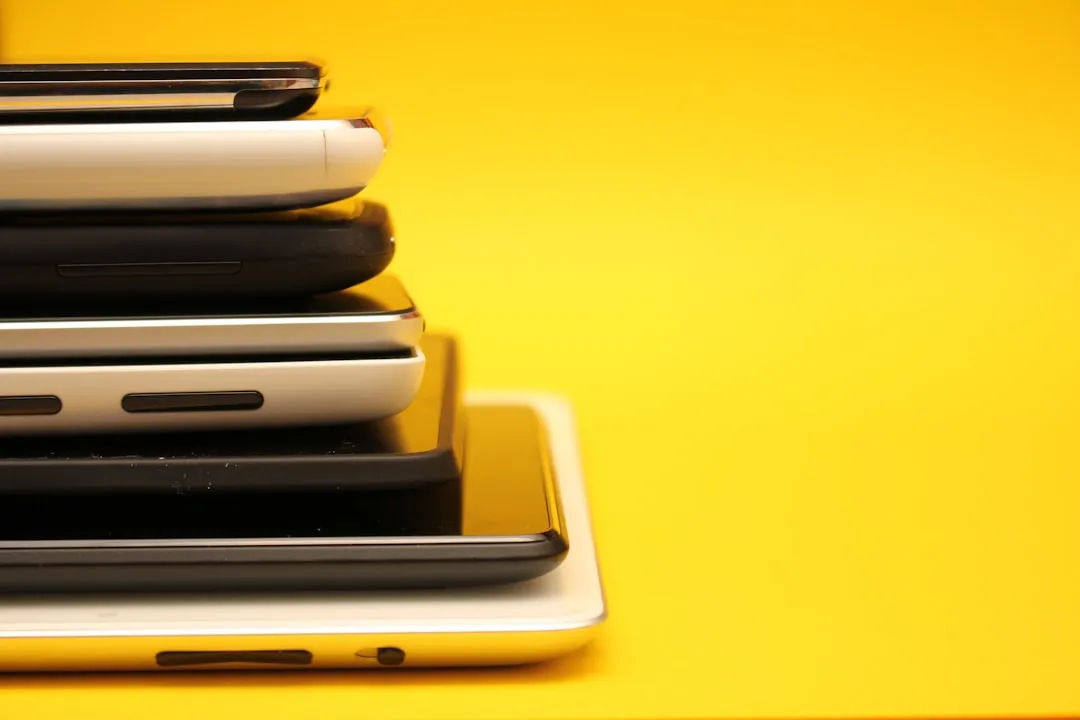

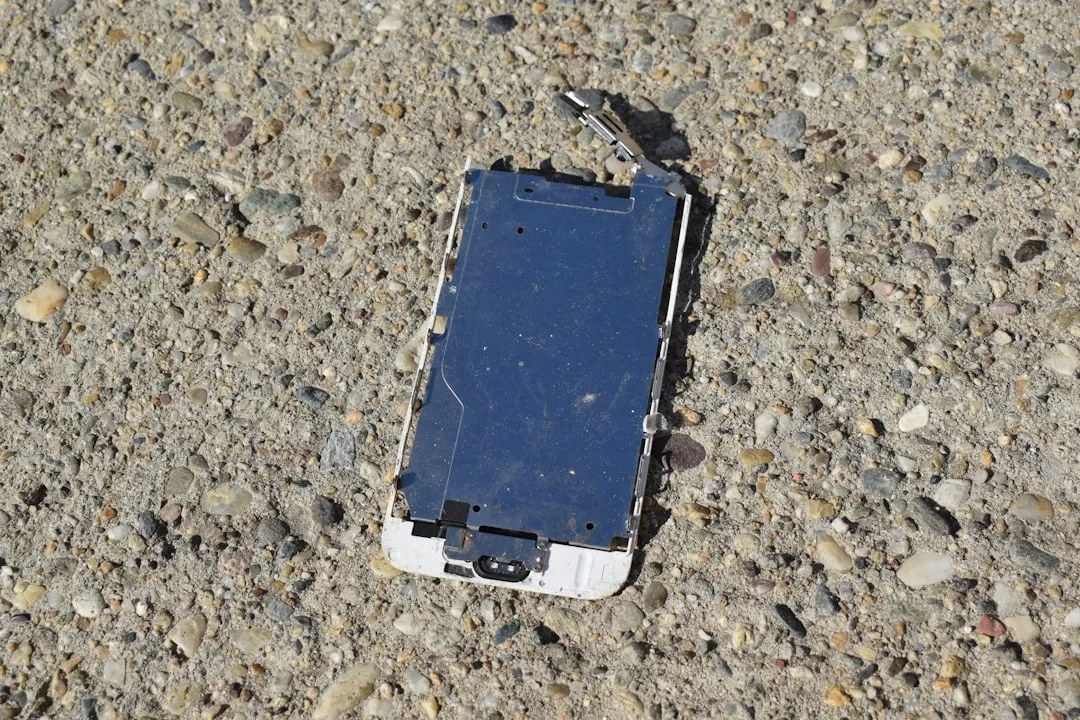
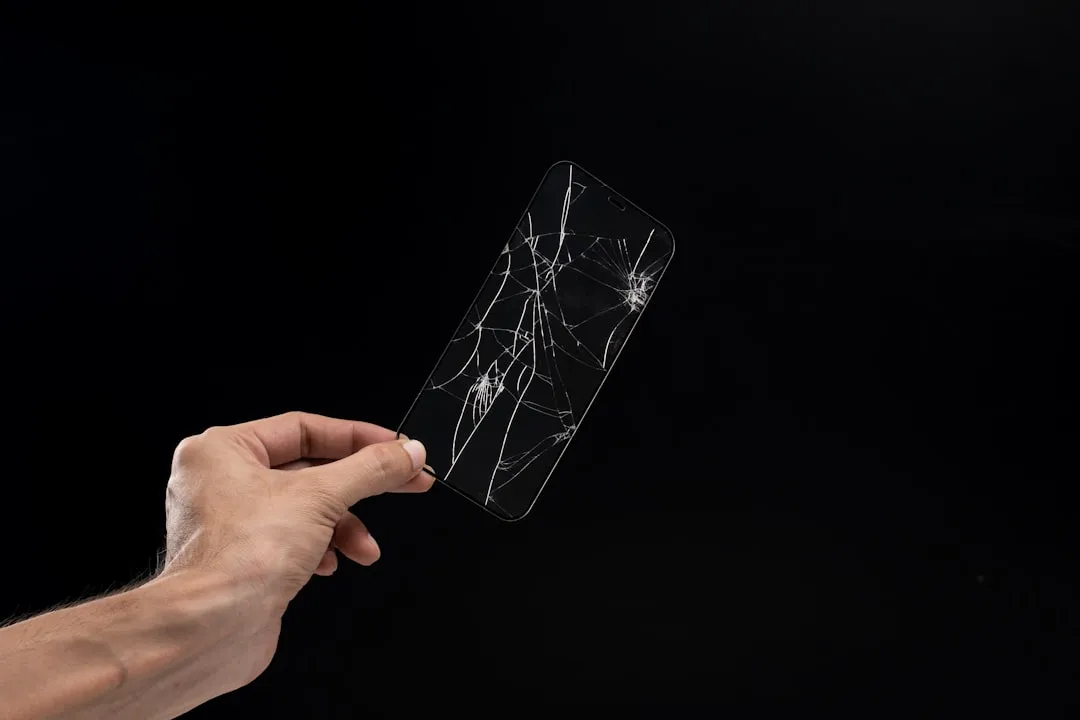
Comments
Be the first, drop a comment!